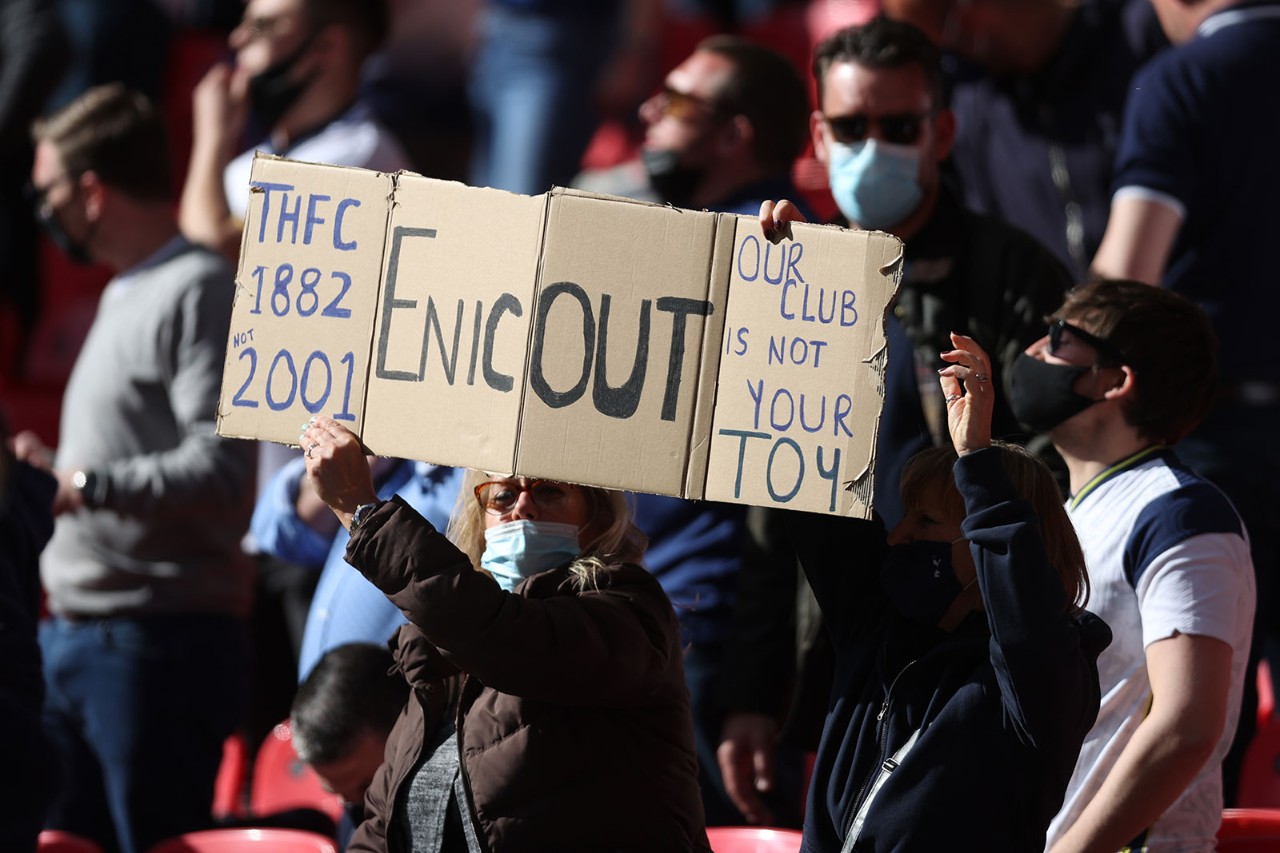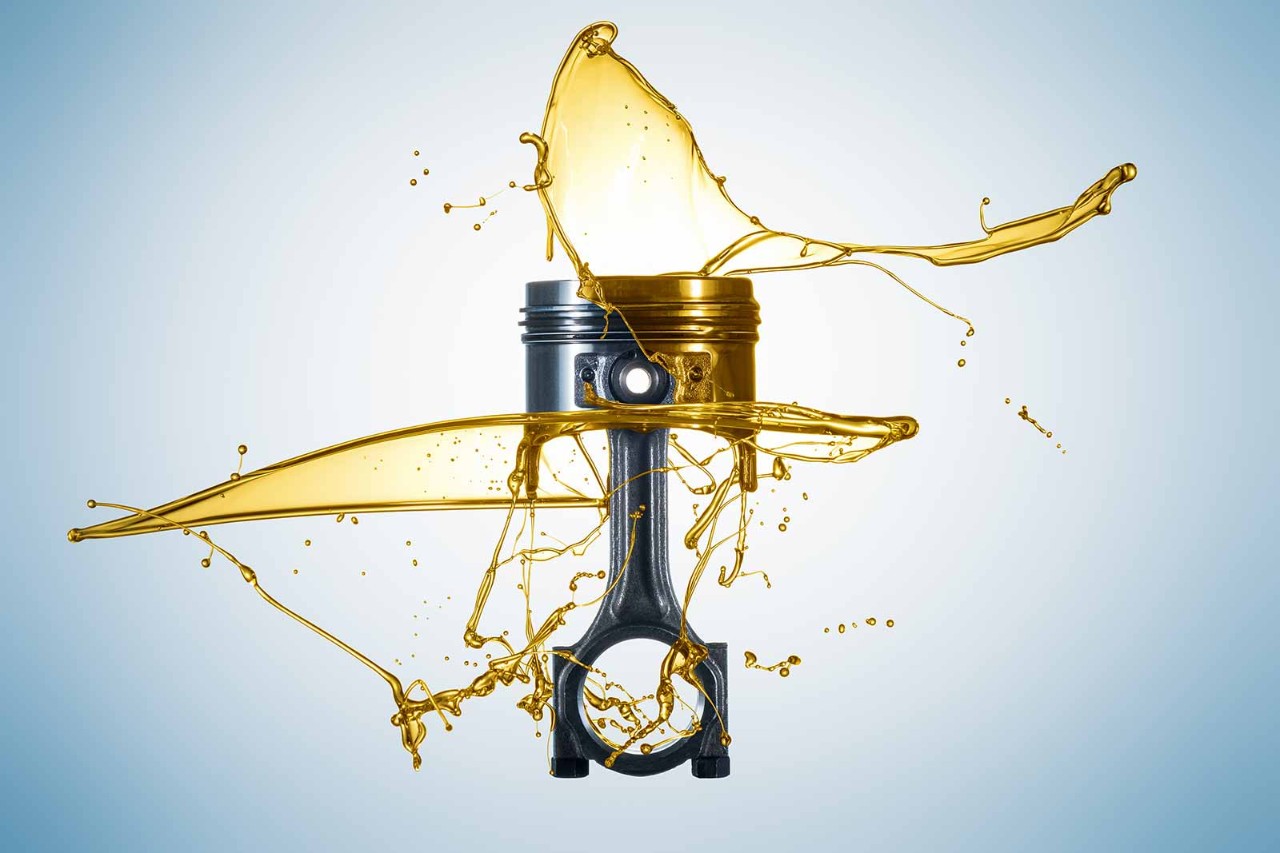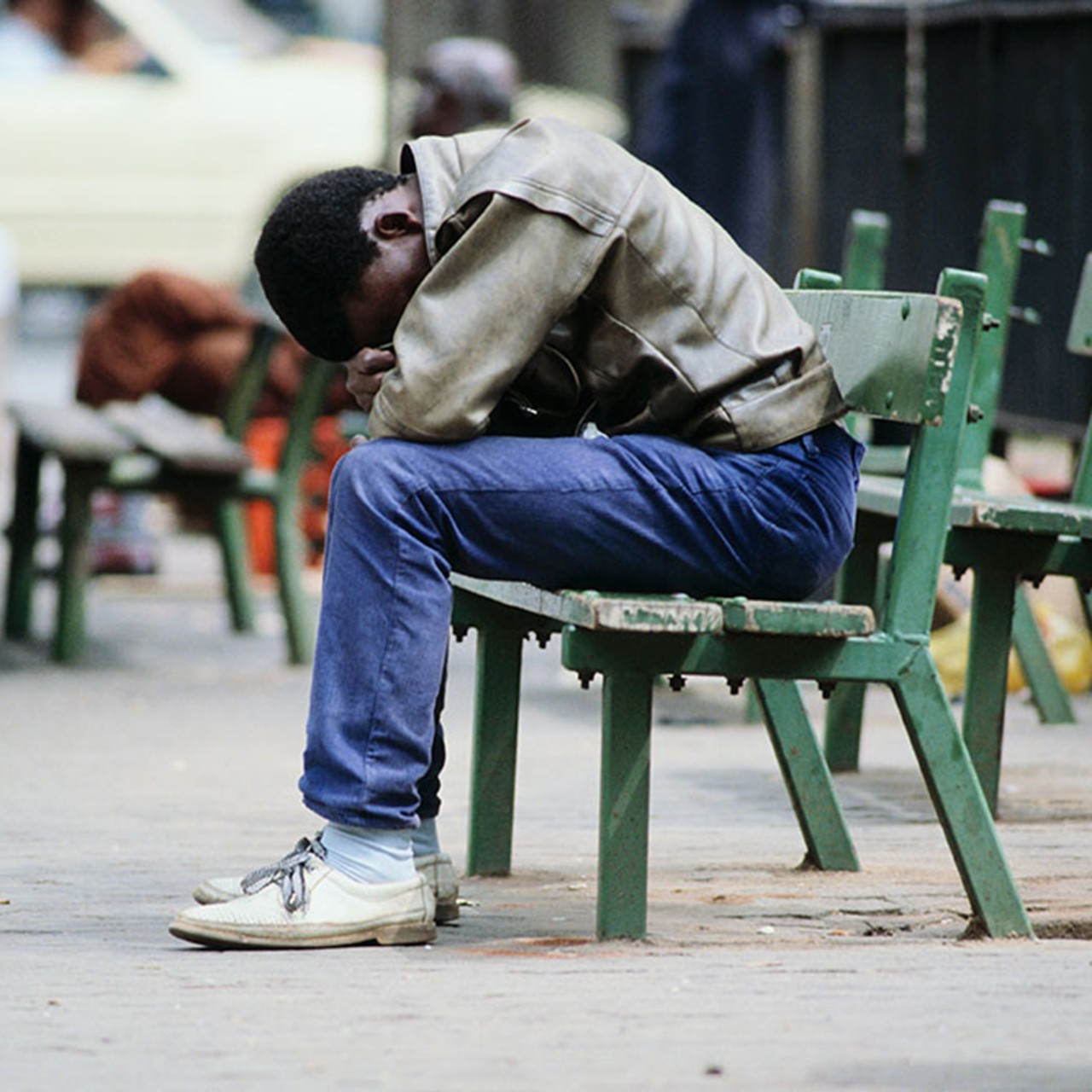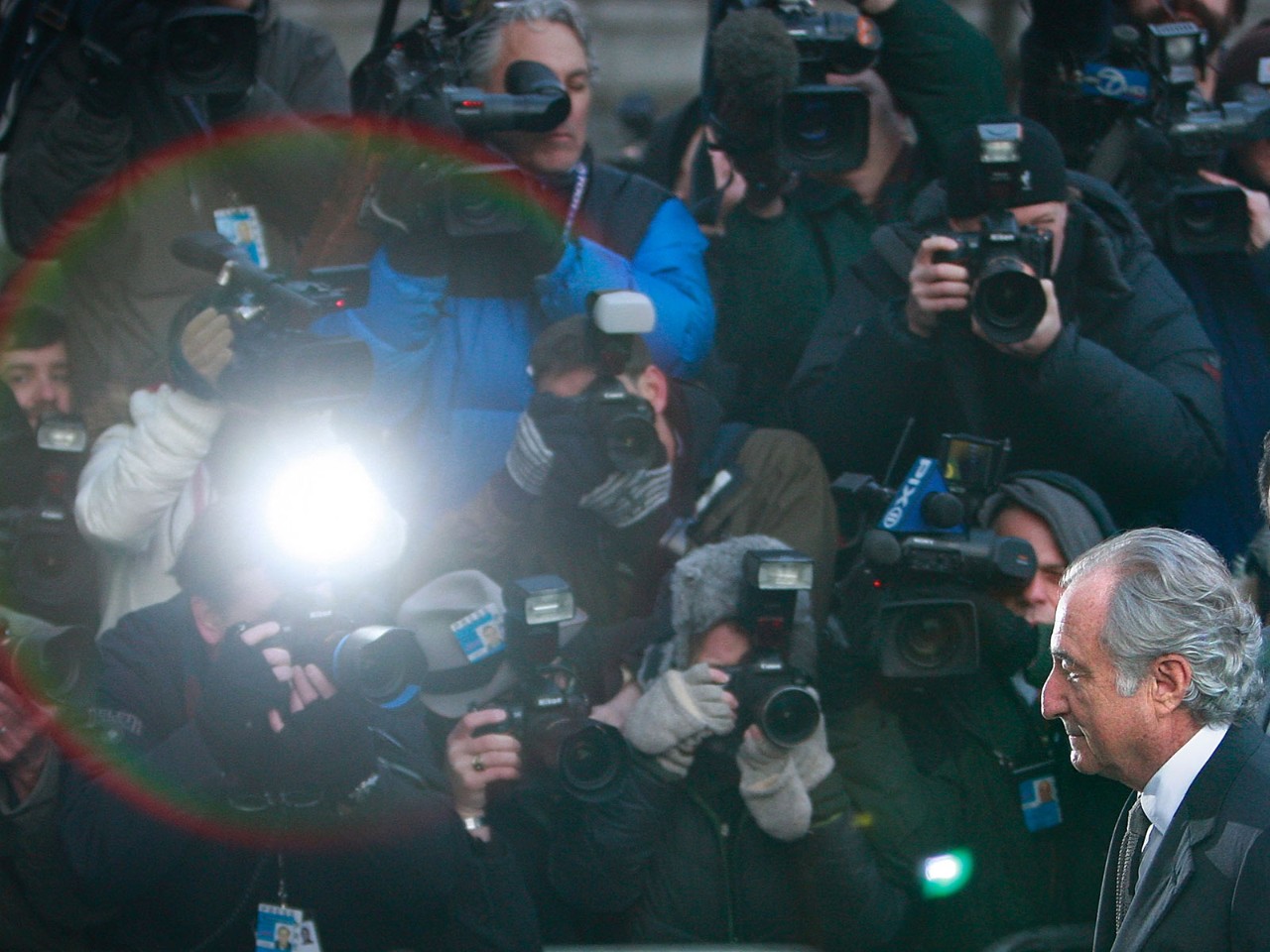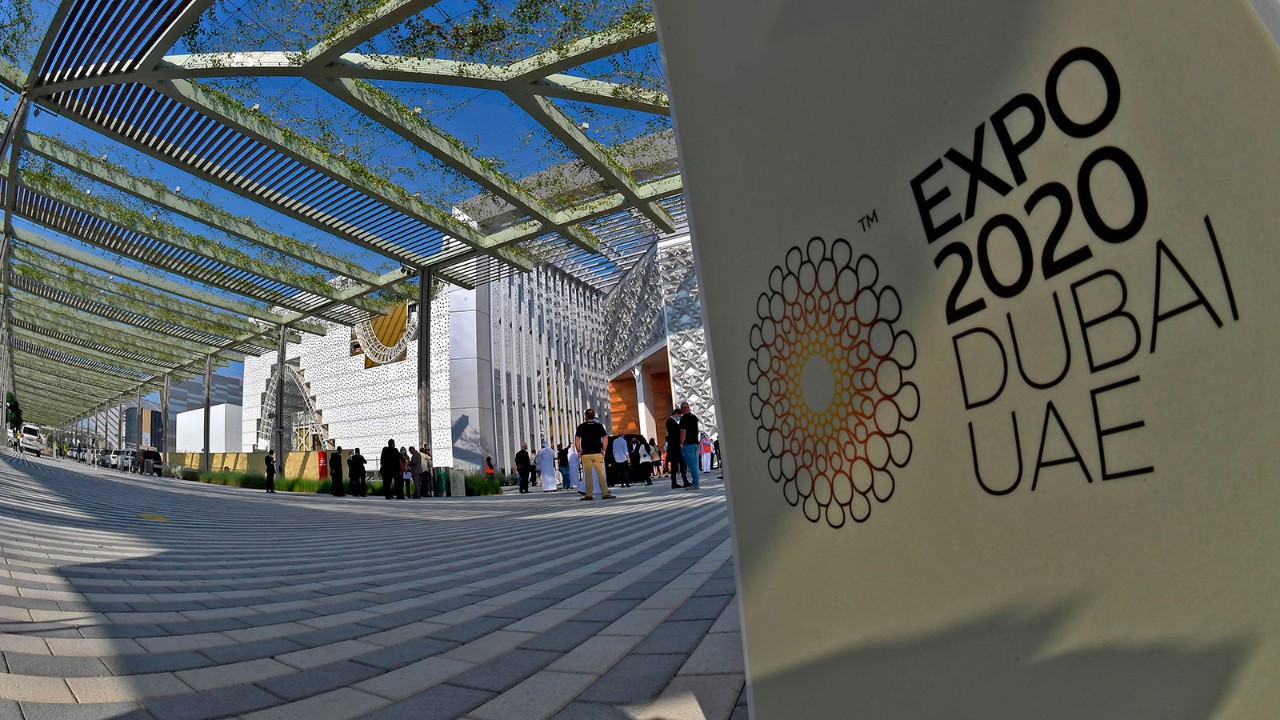
World expos are in some ways similar to World Cup tournaments, but with technological genius in place of football flair.
By this time next year, though, football superstar Lionel Messi will have played a part in both, after he signed up as an international ambassador for Expo 2020 Dubai, postponed from last year and now set to open its doors for six months from 1 October.
‘Even if the event is partially successful, it has the potential to revive the economy and take it back to pre-pandemic levels’
Of course, Messi will bank a large sum in exchange for lending his name to the event, but his fee is just the tip of the iceberg as far as cost is concerned. On the theme Connecting Minds, Creating the Future, Expo 2020 Dubai is set to showcase the latest and greatest innovations shaping the world under the three sub-themes of opportunity, mobility and sustainability.
Dubai's government has allocated US$18.1bn for the 2020 budget – compared with the US$15.5bn budgeted in 2019 – to cover the Expo itself and related costs such as new hotels and infrastructure.
A first for Arab world
Billed as the largest ever event in the Arab world, construction was unaffected by the Covid-19 pandemic, with most buildings completed by October 2019, according to Ahmed Al Khatib, chief development and delivery officer at Expo 2020 Dubai.
To put the scale of the expo into perspective, the site covers 4.4 sq km – twice the size of Monaco – and was completed in 40 weeks.
It has dedicated highway exits and public transport lines (the metro system is capable of moving 23,000 people per hour), and a 45,000 sq m exhibition centre with halls that can hold 20,000 people.
The focal point of the project is Al Wasl Plaza, a dome as wide as two Airbus A380s and boasting the largest 360-degree projection surface in the world.
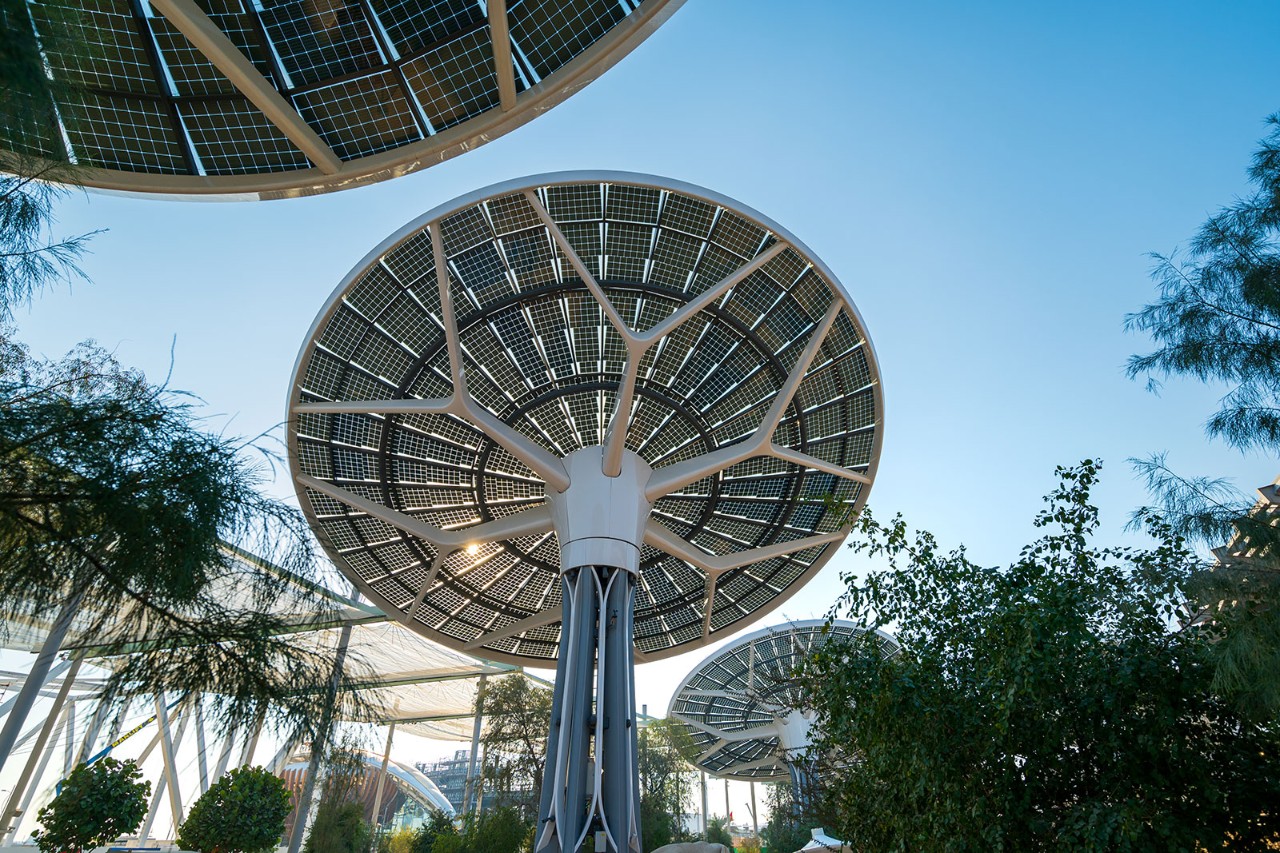
Economic boost
Analysis by EY, commissioned by the Dubai authorities, predicts that the event will contribute US$33.4bn to the UAE’s economy from 2013 to 2031 and create almost a million jobs.
The pre-expo period is expected to deliver AED37.7bn (US$10.2bn) of gross value add (GVA) to the economy – mostly from construction activity. A further AED22.7bn (US$6.2bn) in GVA is predicted during the expo, predominantly from spending on hotels, hospitality and business services. In addition, AED62.2bn (US$17bn) in GVA is anticipated in the following decade, as the legacy infrastructure starts to pay its way.
Of the AED122.6bn (US$33.4bn) anticipated economic benefit, AED53.5bn (US$14.6bn) is expected to come directly from event spending and the legacy infrastructure, with the remainder from the wider economy.
London-based Capital Economics predicts that economic growth in Dubai should range between 3.8% and 4.5% over the next few years, boosted by the rescheduled expo. Meanwhile, the International Monetary Fund has upgraded UAE's growth outlook to 3.1% for 2021.
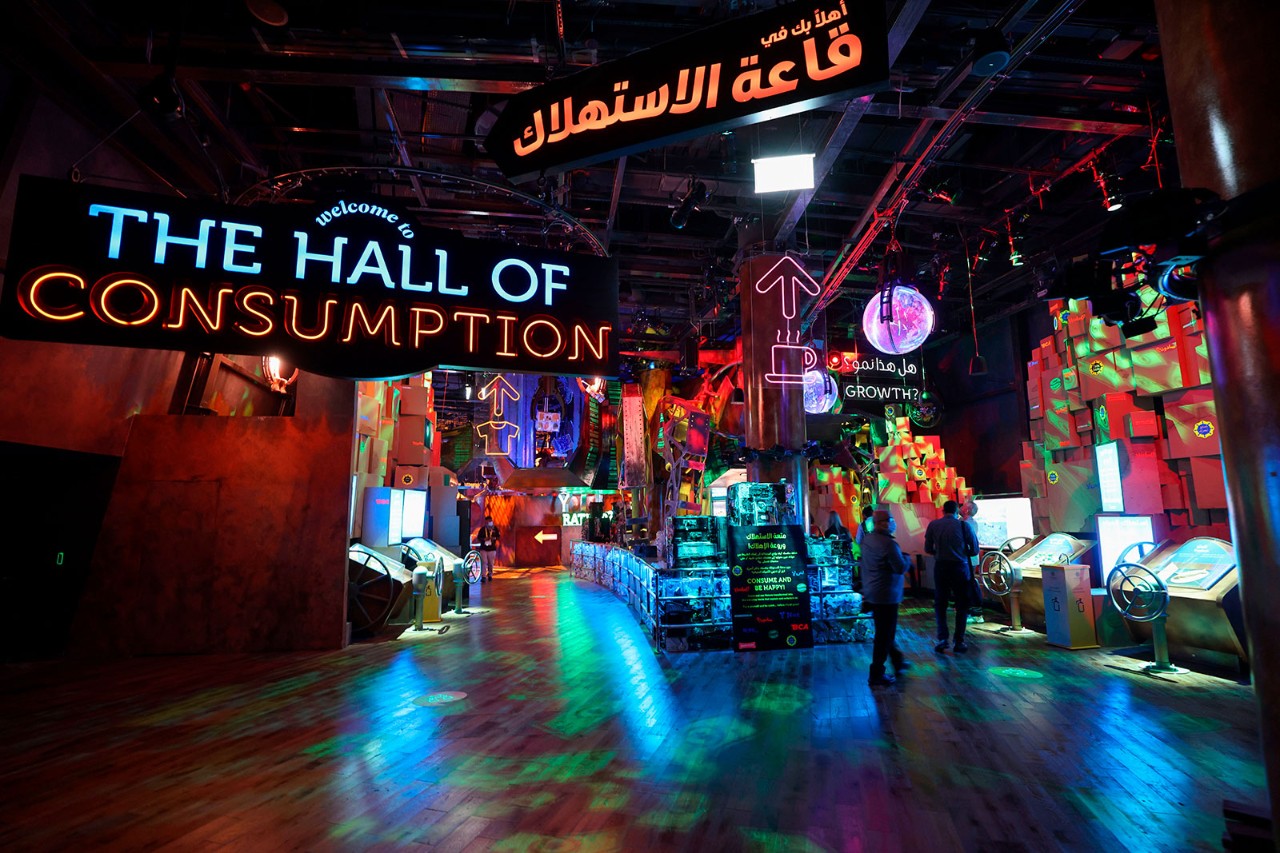
Goodbye, recession
For the hosts, the showpiece event comes at a time when it is trying to recover from one of its worst recessions in five decades.
Last year, the UAE economy contracted by 6.6%, despite the government announcing a series of reforms to attract investment and help businesses.
‘Even if the event is partially successful, it has the potential to revive the economy and take it back to pre-pandemic levels,’ says Scott Livermore, chief economist for the Middle East at Oxford Economics.
While some don’t believe the event will be as big as was originally intended, due to reduced tourism levels, organisers have already defied sceptics after confirming that 190 countries will take part – 10 more than originally estimated. They still hope to attract the originally anticipated 25 million visits – the equivalent of 145,000 visits for every one of the 173 days the site is open.
Reem Al Hashimy, director general of Expo 2020 Dubai, explains: ‘The world has gone through these galactical shifts over the last year but now, with vaccines being rolled out, we believe the situation will be far more positive by October.’
Al Hashimy suggests that 11 million visitors will be UAE residents, compared with 14 million from outside the emirates (mainly tourists who will also visit the expo).
Golden opportunity
The event is seen by its hosts as a golden opportunity to diversify its economy away from oil and enhance its global image as a financial and technology hub.
Mutasem Dajani, United Arab Emirates regional managing partner, Deloitte, says: ‘The construction and tourism, hospitality and leisure sectors have obvious potential to benefit from development spending and job creation.'
UAE’s retail, services and transportation sectors are expected to receive a major stimulus, while the expo will also seek to address issues in healthcare and digital connectivity. Not only that, at least 80% of the site will be recycled after the event.
‘Technological innovators in conventional and alternative energy, as well as engineering, urban planning and logistics, will also likely see a host of in-region opportunities,’ Dajani adds.
Dubai Expo in numbers
US$15.5bn
Amount of state funds allocated
US$33.4bn
Overall economic benefit to Dubai
190
Number of countries expected to take part
25 million
Estimated visits during the six-month show
4.4 sq km
Size of the site
90%
Proportion of construction materials to be reused in permanent buildings
100,000
Number of new jobs to be created in tourism and hospitality
